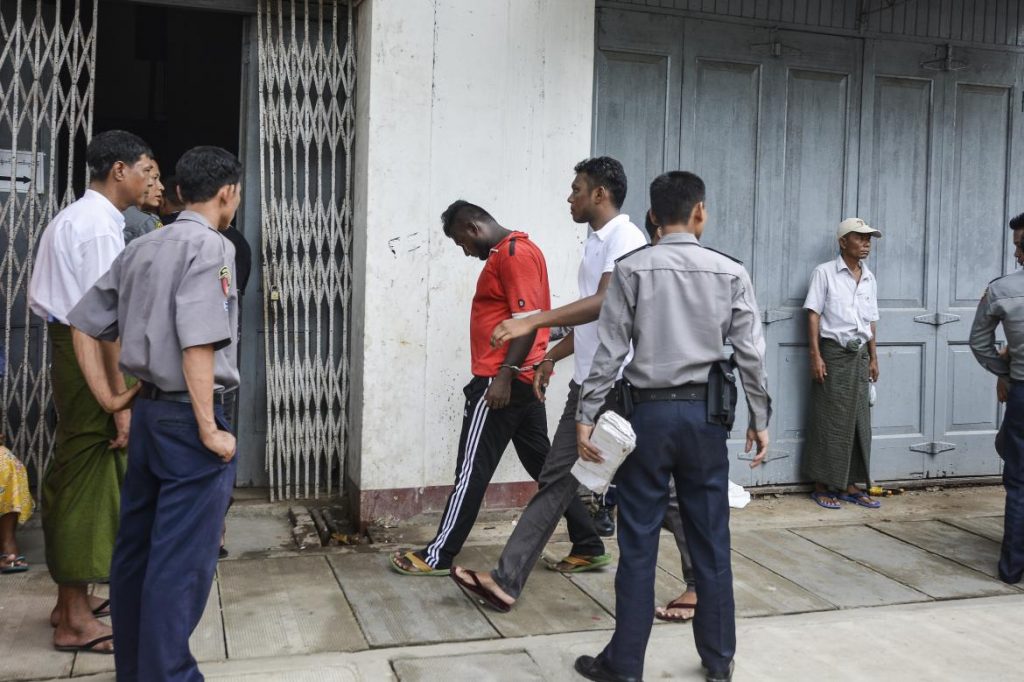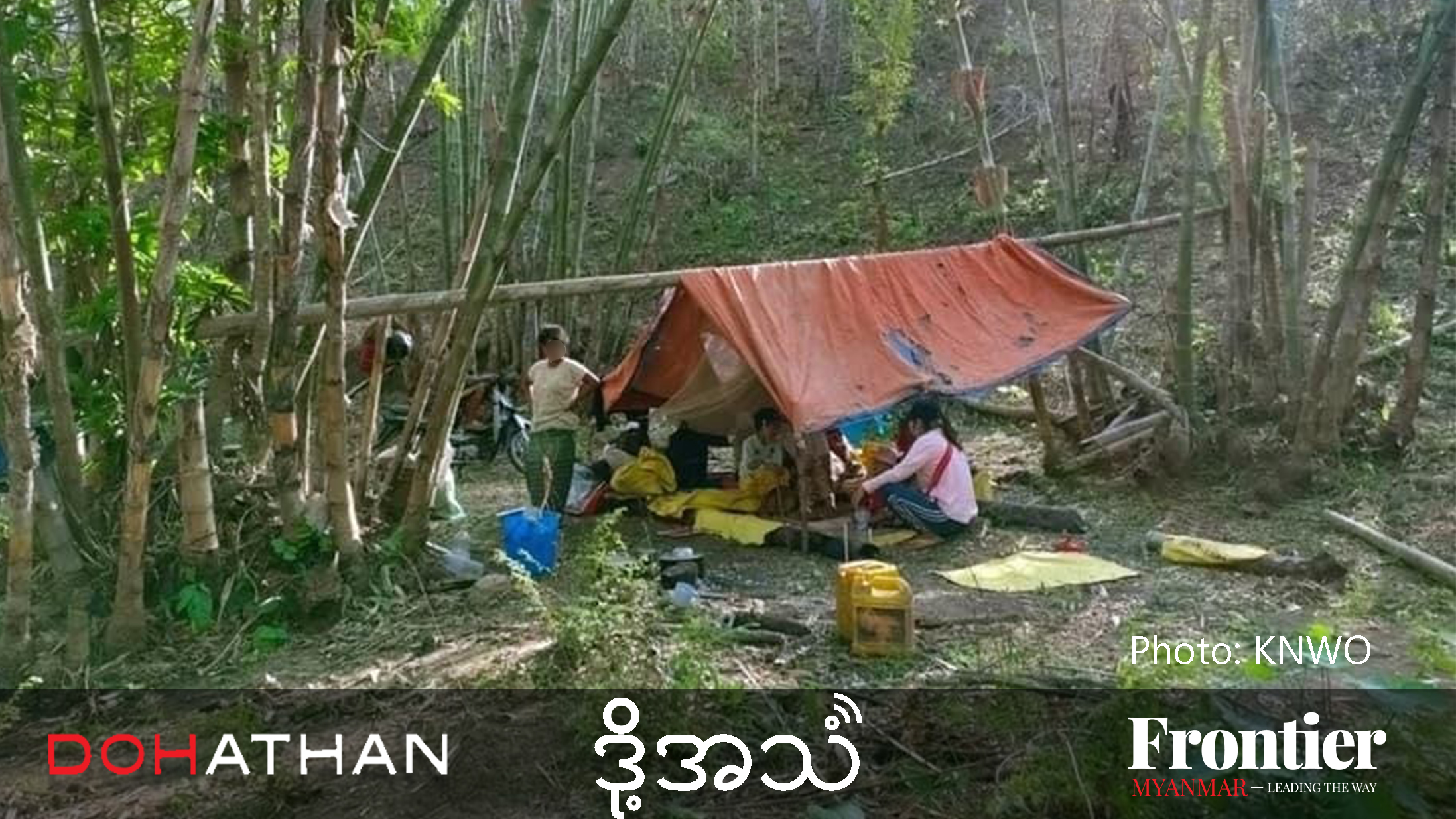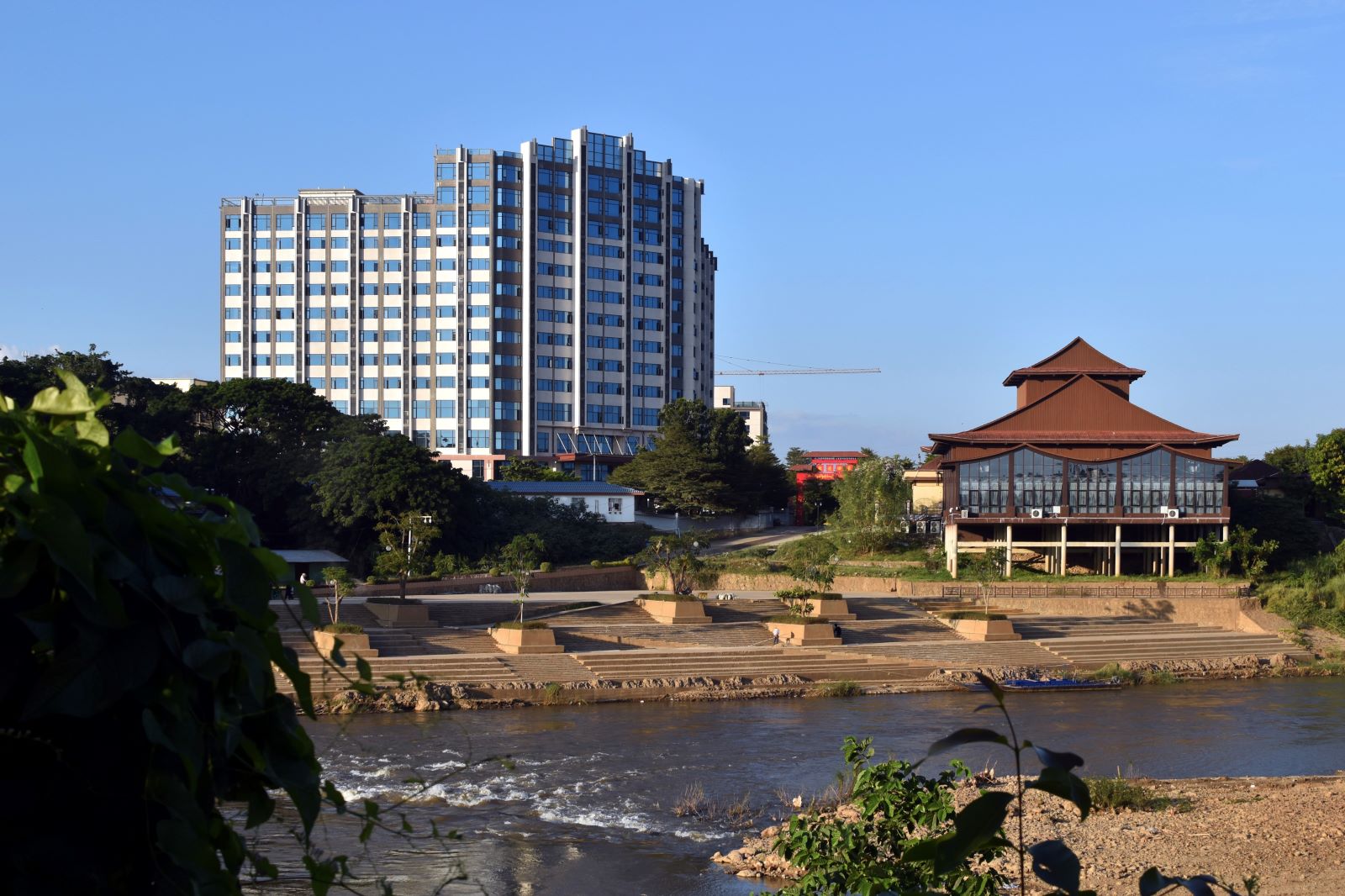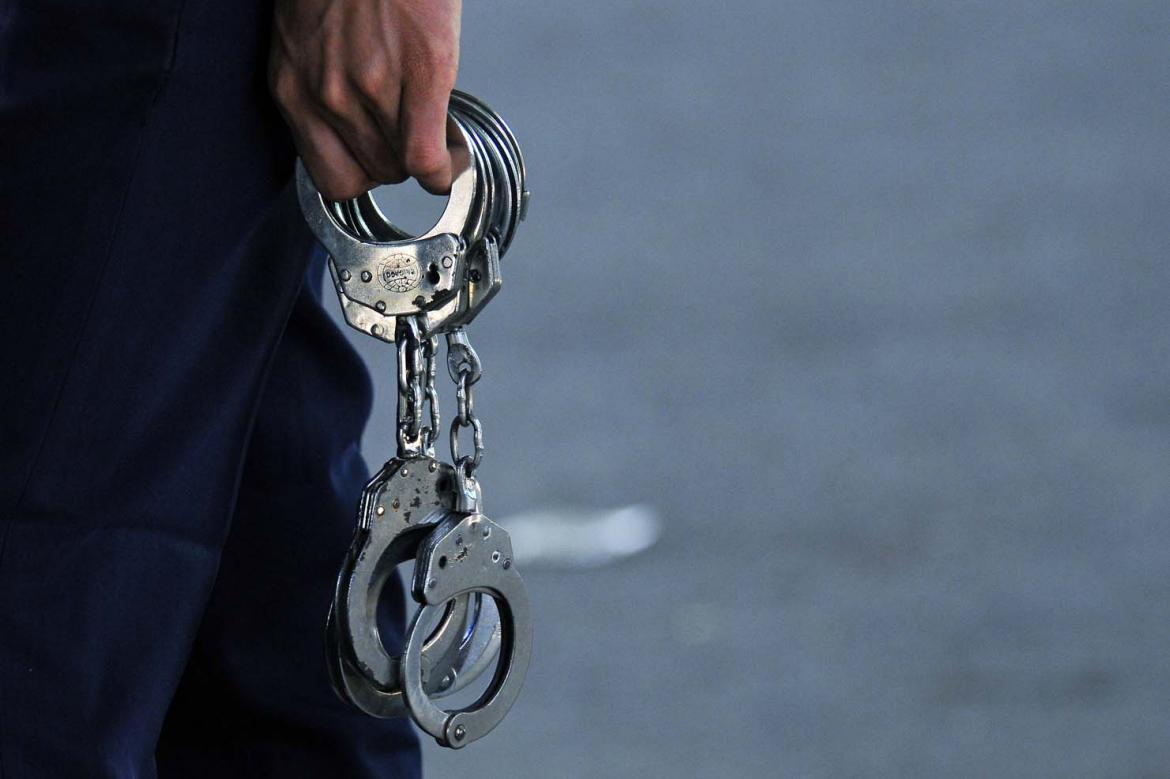By SU MYAT MON | FRONTIER
YANGON — Four foreigners have received heavy prison sentences after being convicted of using fraudulent pre-paid cards to withdraw millions of kyats from ATMs in Yangon.
British national Mr Niranjan Rasalingham received a 17-year prison term after being found guilty of a range of offences under the Penal Code, the 1947 Immigration Act and the Electronic Transactions Act.
His three Indian co-defendants were found guilty under the Penal Code and Immigration Act, and received sentences ranging from seven to nine years.
In announcing her verdict, the Botahtaung Township Court judge said the fraudulent ATM cards used to withdraw the money had been examined by the Singapore office of global payments company Visa. It had deemed them fake, the judge said.
Support more independent journalism like this. Sign up to be a Frontier member.
After the verdict was read out, Rasalingham insisted he was innocent and said he planned to appeal. His Indian co-defendants did not indicate whether they planned to appeal.
“I do not know these guys,” Rasalingham told his translator and lawyer, referring to the Indian defendants.
The judge said that under the Electronic Transactions Act Rasalingham could reduce his sentence by paying compensation, at a rate of one year for every K5 million paid.
At this Rasalingham shook his head. “400 lakh… No, I don’t have that money,” he said.
Two officials from the British embassy were present for the verdict. They declined to comment on the decision.
The verdict brought an end to a case that has drawn international criticism because of its lengthy procedural delays.
Rasalingham and three Indian nationals were arrested in November 2014. The four men were accused of making 58 fraudulent withdrawals from the ATMs of six private banks.
The Myanmar Police Force said the arrests resulted in the seizure of 35 fraudulent ATM cards, two memory cards, an iPad, a laptop computer and about K25.2 million in cash.
Over two and a half years, Rasalingham and his co-defendants appeared in court hundreds of times because the cases were initially heard concurrently in the township courts where the alleged offences took places.
Because the charges were of a similar nature, they were eventually combined into a single case but this required a retrial.
Some international observers questioned whether the legal process was proceeding fairly. In a two-page statement on the case issued on November 24, 2016, Burma Campaign UK said the hearings were “an injustice in and of itself”.
“If the authorities in Burma are not able to give [Rasalingham] a swift and fair trial, he should be released. The police and justice system in Burma is committing an injustice,” the group said.
It also accused the British government of failing to provide adequate support to Rasalingham. “He is being let down by his government and denied his rights by the Burmese government,” it said.
However, one former lawyer for Rasalingham told Frontier in January that the hearings had only proceeded slowly due to procedural issues and the “unusual” nature of the case.
The British Foreign Office said the embassy in Yangon had provided regular consular support to Rasalingam since it was made aware of his in December 2014, including regular visits to check on his welfare.







